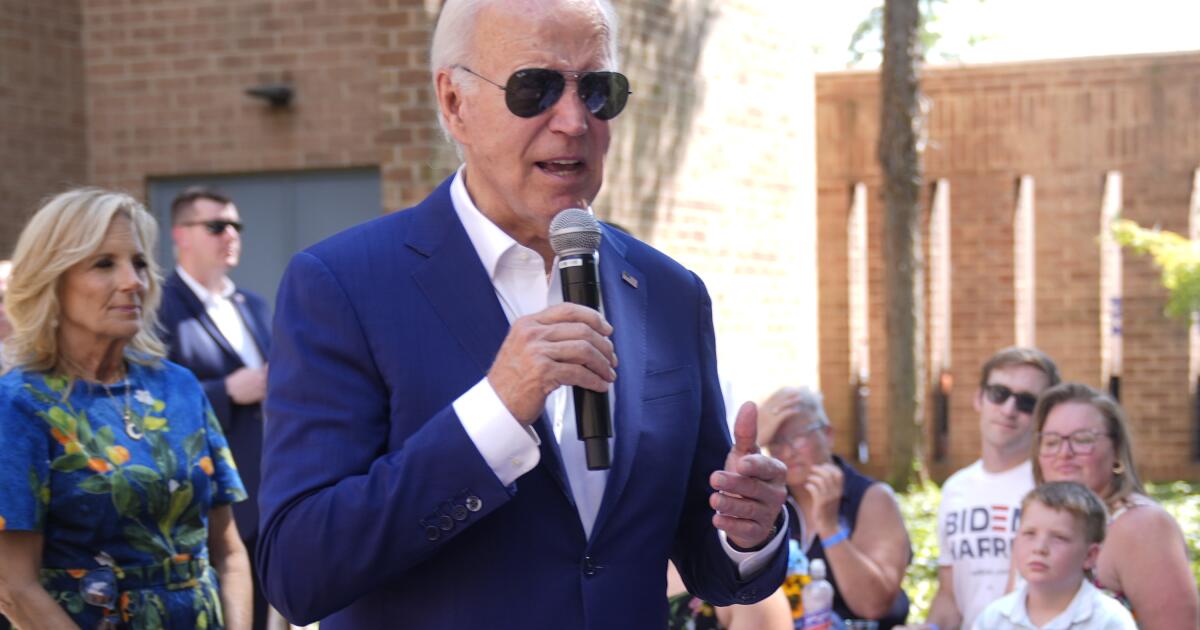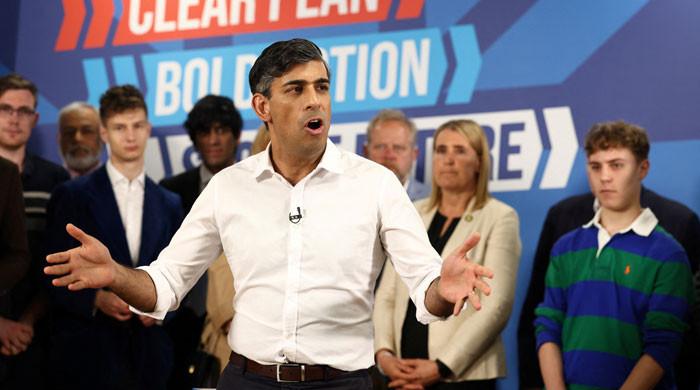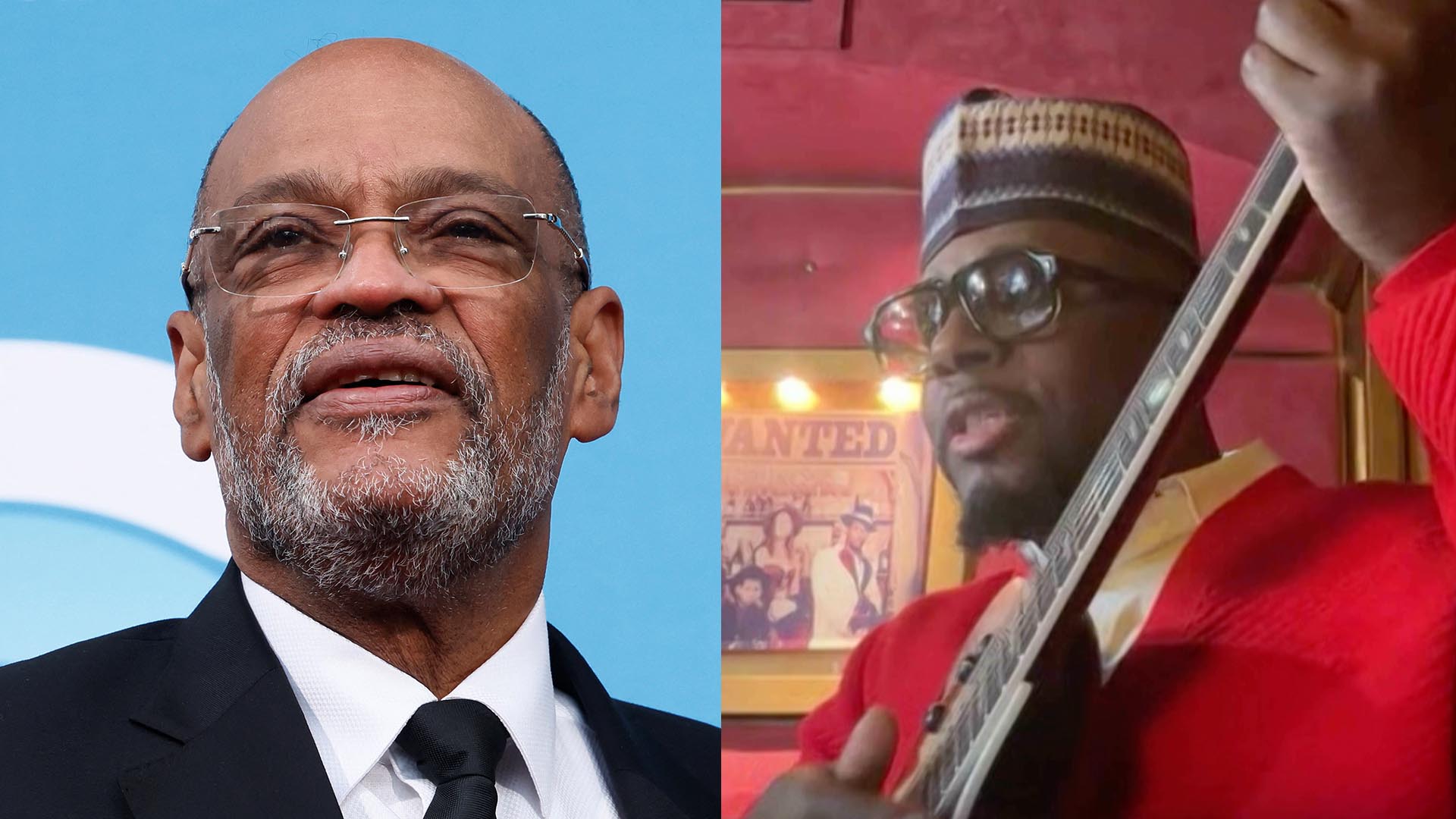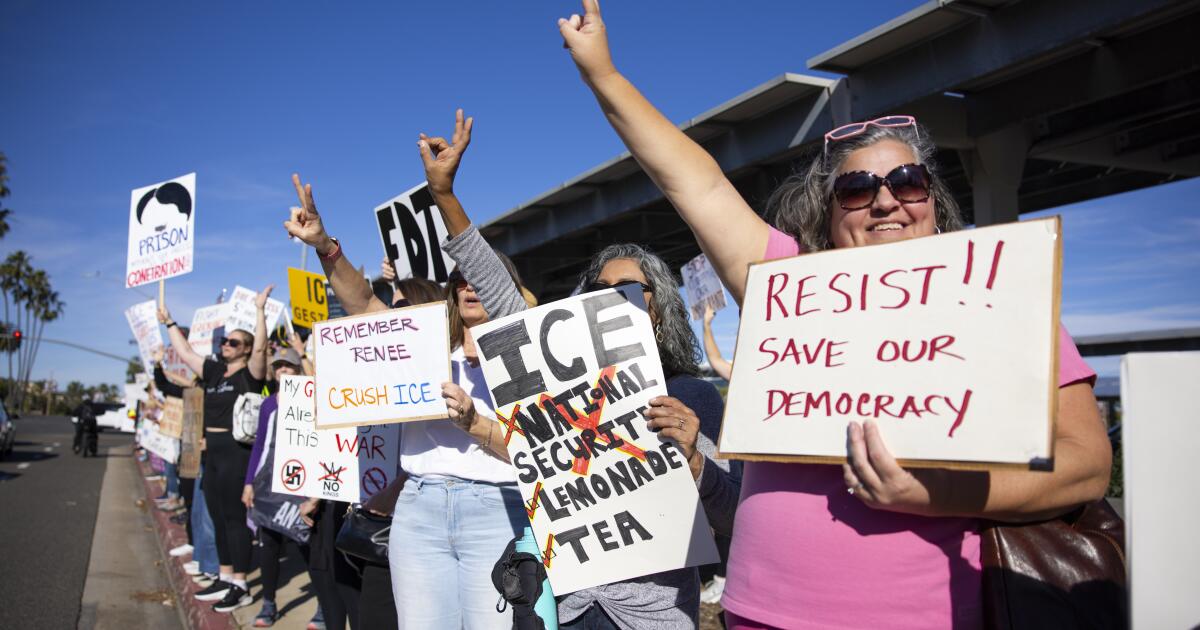When the child tax credit began, back in 1997, it was a small bonus that primarily helped middle-class families.
Taxpayers could deduct $400 from their income taxes for each child under 17 years old. That helped families with decent incomes and several children, but did nothing for the large number of taxpayers who don't owe any income tax (currently about 40% of households).
Starting in 2001, advocates for low-income families, led by Rep. Rosa DeLauro of Connecticut, pushed for a change to allow families to receive some of the money even if they didn't owe taxes. That is called refundability in tax jargon and is key for the tax credit to work as an anti-poverty measure.
Their argument was that if the federal government was going to use the tax code to boost families with children, it should focus on those most in need.
Over the past two decades, DeLauro and others, including former Speaker Nancy Pelosi and Sens. Michael Bennet of Colorado, Sherrod Brown of Ohio and Cory Booker of New Jersey, made expanding the credit a top priority for congressional Democrats.
Step by step, they built provisions into every major tax bill that expanded the amount of the credit (now $2,000 per child) and the amount that could be refundable. In some of those efforts, Democrats forged alliances with Republicans, including Sens. Marco Rubio of Florida and Mitt Romney of Utah, who have seen the tax credit as a pro-family measure.












